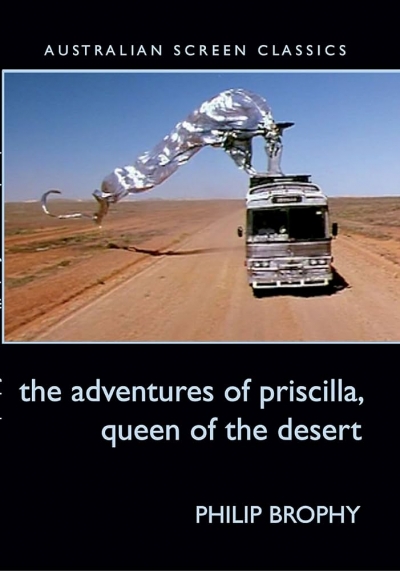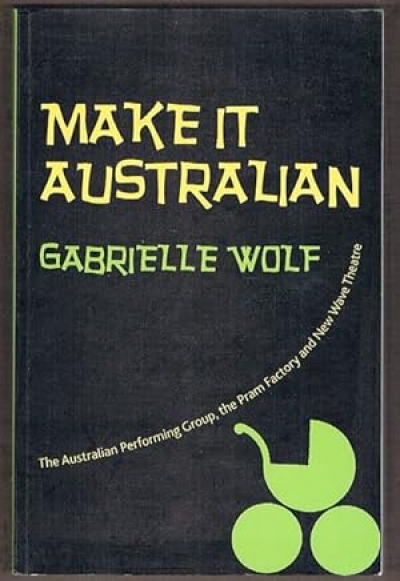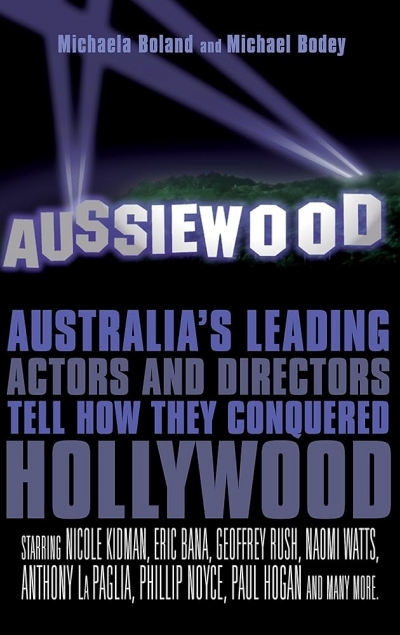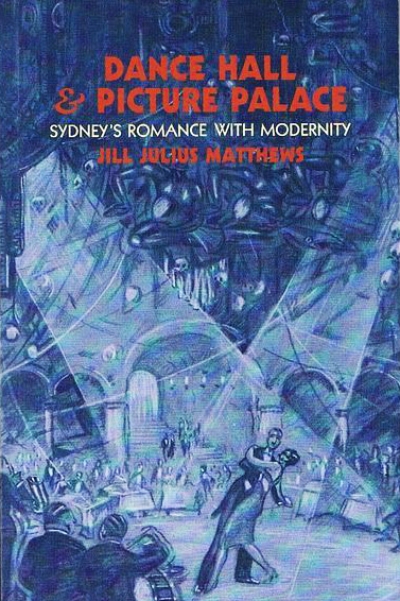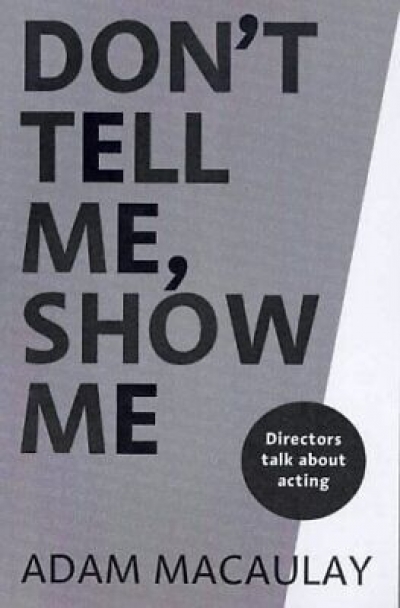Currency Press
The Adventures of Priscilla, Queen of the Desert by Philip Brophy & The Chant of Jimmie Blacksmith by Henry Reynolds
by Brian McFarlane •
Make it Australian: The Australian Performing Group, the Pram Factory and New Wave theatre by Gabrielle Wolf
by Martin Ball •
Not Wrong – Just Different: Observations on the rise of contemporary Australian theatre by Katharine Brisbane
by Ken Healey •
Aussiewood by Michaela Boland and Michael Bodey & Trade Secrets by Terence Crawford
by Richard Johnstone •
Dance Hall and Picture Palace: Sydney's romance with modernity by Jill Julius Matthews
by Alice Garner •
Don’t Tell Me, Show Me: Directors talk about acting by Adam Macaulay
by John Rickard •
See How It Runs: Nimrod and the New Wave by Julian Meyrick
by Helen Thomson •
The La Mama Collection: Six plays for the 1990s edited by Liz Jones
by Jack Hibberd •
Collected Plays, Volume II by Patrick White & Collected Plays, Volume II by David Williamson
by Peter Fitzpatrick •


